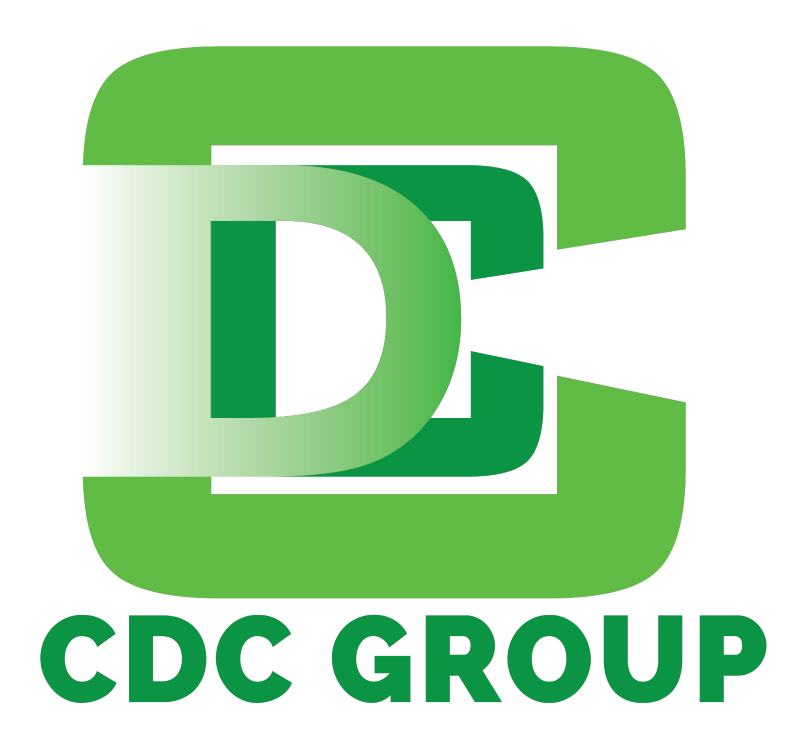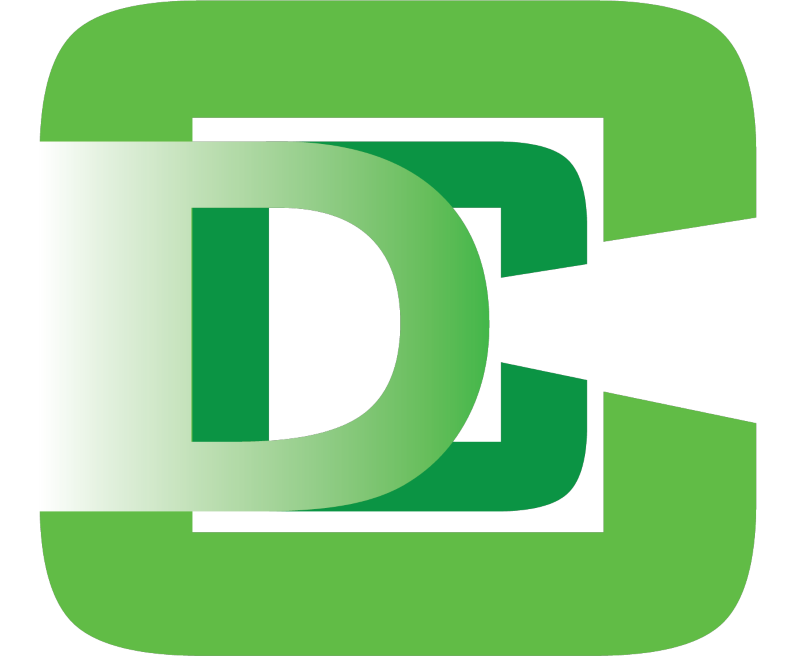Ghana’s insurance industry forms one of the largest business sectors contributing to the country’s economy. According to Statistica, as of the third quarter of the year 2021, a year after the COVID-19 pandemic, the finance and insurance sector contributed over GHS 3.43 billion to the country’s GDP1. The sector, aside contributing financially to the growth of the economy, employs many youths to engage in sales activities. According to the 2019 NIC annual report of Ghana’s insurance industry, an estimated 12,000 people are employed in the insurance industry (including agents, brokers and staff) and about 2,500 youth had undergone training as insurance agents2. These personnel, drive the sales efforts of the insurance companies and educate the public on the need for insurance, types and purpose of insurance and the rights and responsibilities of the public in relation to the uptake and servicing of insurance policies.
Over the years, insurance companies have come under scrutiny and attack by some insurance policy holders and the public for the lack of professional conduct by sales personnel and practitioners which led to the decrease in uptake of insurance in the country by both literate and illiterate members of the public. This article discusses some of the unethical practices that have been predominant in the industry in relation to sales personnel and supplies some strategies to improve on the practices of these personnel moving forward.
Selected Unethical Practices by Insurance Sales Agents
To begin with, let us paint a clear picture of some of unethical practices perpetuated by insurance sales agents and how they lead to the rise of low patronage and understanding of insurance in Ghana using some cases recorded during a recent project on the insurance sector:
Multiple account opening: A sales personnel situated in the premises of a banking hall approaches a client of the bank and manages to convince her to sign up to two (2) insurance policies. She convinces the client by telling her the conditions and benefits of the policies and continues to close the deal with the client signing the policy contract. Months down the line, the client realises that there are unusual deductions from her account and decides to investigate. The investigation leads to the realisation that the sales personnel had, to get commission for policy sign ups and payment of first premium, opened a third policy for the client without her knowledge. The client decides to take this up with the insurance company and eventually cancels her policies.
Mis-selling: A client of an insurance company with a life insurance policy receives a message from the insurance company after servicing the policy for the past year. The message indicates that his premium had been increased by 25% on the anniversary of his policy. The client calls the customer service line of the insurance company to complain and tells the personnel that he had not received help from the insurance policy, and they had increasing the premium. He explains that the agent who sold him the policy indicated that there was a savings component to the product/policy and on the anniversary of the policy, he would be given the savings portion. The customer service personnel takes time to explain to the client that his policy is a life insurance policy and does not come with a savings component. The client is furious and says that insurance personnel are crooks and vows to cancel his policy and never to have anything to do with insurance. This unfortunate incident occurred because an agent mis-sold a policy to a potential client to get him to make a purchase.
Falsifying of Documents: A policy holder of company A realizes his car insurance has expired and he doesn’t have the money to renew his insurance. He reaches out to the agent who helped him process the insurance the first time. The agent tells him he has a way of helping him out, he can falsify the documentation and get him a fake sticker to put on his car temporarily. He is sceptical but agrees to it and within a few hours receives the sticker. However, a week later, he is stopped in traffic by the police and he is found out and arrested. There are however some cases where clients have suffered arrest by the police because fake stickers have been issued them by insurance agents without their involvement in the crime. The Motor Insurance Database (MID) has been implemented to curb the menace of fake motor insurance stickers in the industry, however there are still cases being recorded across the country.
Premium Embezzlement: An insurance agent spends the day selling insurance products to potential clients and manages to complete sale to three (3) individuals. He convinces them to complete the process by making payment of their first premium to him as it is a free service, he is offering them. The new clients make payment of their premiums to the insurance agent, and he keeps it in his bag along with the completed documents. The agent does this for a month and uses the premiums collected for his upkeep, in the hope of replacing them at the end of the month. One of the clients however goes to the insurance company to sign up for an added policy and finds that there is no documentation filed in his name. This opens up an investigation, and the agent is found to have been embezzling premiums of clients and is terminated. The client however does not continue with the policy and ensures he receives the premium paid to the agent. Premium embezzlement however has to a substantial extent reduced due to the use of technology for the payment of premiums. There are however still some cases of premium embezzlement recorded in the industry.
Undercutting: An insurance agent from company B approaches a potential client to sell insurance products. During the conversation, the potential client shows she already has a policy with company A. The agent, to get his commission, continues to convince the potential client to buy his insurance policy by narrating the potential client false stories about company A thereby badmouthing the company. Chief among his stories is the fact that company A does not pay out claims in time, would frustrate her with a long winding process when it comes to claims and will find reasons to reduce what she should receive. He succeeds in convincing her to buy a policy with his company and the client stops servicing her policy with company A.
Changing the Narrative
There are many more examples of unethical practices in the insurance industry perpetuated by insurance sales agents. How can the narrative change?
Having a standard professional conduct for insurance sales agents: One key strategy is to have a standard way of practice, something that all insurance agents can be held accountable by. In recent times, there have been several interventions in the country which have tried to achieve this, the most recent being the development of a Code of Conduct and Ethics to guide the conduct of insurance sales agents in the country. This Code is being used in the training of personnel who want to work in the insurance industry, as well as those who are already in practice to ensure that there is a uniform understanding of and practice of professionalism by insurance agents across the country.
Continuous education of insurance service providers: Continuous education of insurance agents and intermediaries on insurance and insurance products is also key in changing the narrative. Insurance product knowledge is key in preventing mis-selling and it is important that insurance service providers ensure constant training and re-training of their agents in their products and selling practices as well.
Sensitizing and educating the public: Another key strategy to address this or change the narrative is by sensitizing and educating the public. Again, there have been, and still are interventions ongoing in the country to sensitize the public on the types of insurance, what they cover, rights and responsibilities of policy holders as well as complaint processes and mechanisms. These are being undertaken through campaigns, road shows, market storms, adverts on television, jingles on radio and public address systems, SMS messages and flyers. In a recent assignment undertaken in 2022, insurance service providers showed a rise the uptake of insurance policies and in the reporting of complaints by policy holders and the public, showing that these interventions are gradually yielding the desired results.
Collaboration by stakeholders: Finally, there is the need for actors and stakeholders in the insurance space to work together in curbing unethical practices. Insurance service providers for example can work together to educate and sensitize the public on the need for insurance, types and features of insurance products as well as their rights and responsibilities. Again, ensuring unity in the acceptance of the Code of Conduct and its sanctions by insurance service providers and is key to facilitating compliance and change. Stakeholders such as the Government of Ghana (GoG)/Ministries, Development Partners, the National Insurance Commission (NIC), the Ghana Insurance College (GIC), the Ghana Insurers Association (GIA), the Insurance Awareness Coordinators Group (IACG), the National Association of Ghana Insurance Agents (NAGIA) among others can work together in ensuring improvement in the sale and provision of insurance to the public by insurance sales agents. Unifying the efforts of stakeholders will ensure better results and aid in improving the image of the insurance sector and the uptake of insurance.
Conclusion
The provision of insurance in Ghana cannot be successfully articulated without the involvement of insurance agents. However, there are several unethical issues perpetuated by some insurance agents which has rather caused resistance from the general public to take up insurance policies. It is important that key strategies such as educating and sensitizing the public on these unethical practices and their rights, enforcing the adherence to the Code of Conduct for insurance agents, and the unification of efforts by stakeholders to curb the prevailing unethical practices and improve the image of the insurance industry to be adopted and implemented to change the narrative.
Are you a business in search for a service provider to train your sales and marketing teams? Do you need a Code of Conduct developed for your organization or policy and procedure documents reviewed or developed? CDC Consult Limited provides you the needed expertise to develop and facilitate training for your sales team and for the development and adoption of key documentation for your organization. Contact us today at www.cdcconsult.org or email info@cdcconsult.org.
By Angela Daisie Mantey Gyan
Corporate Training Consultant – The CDC Group

